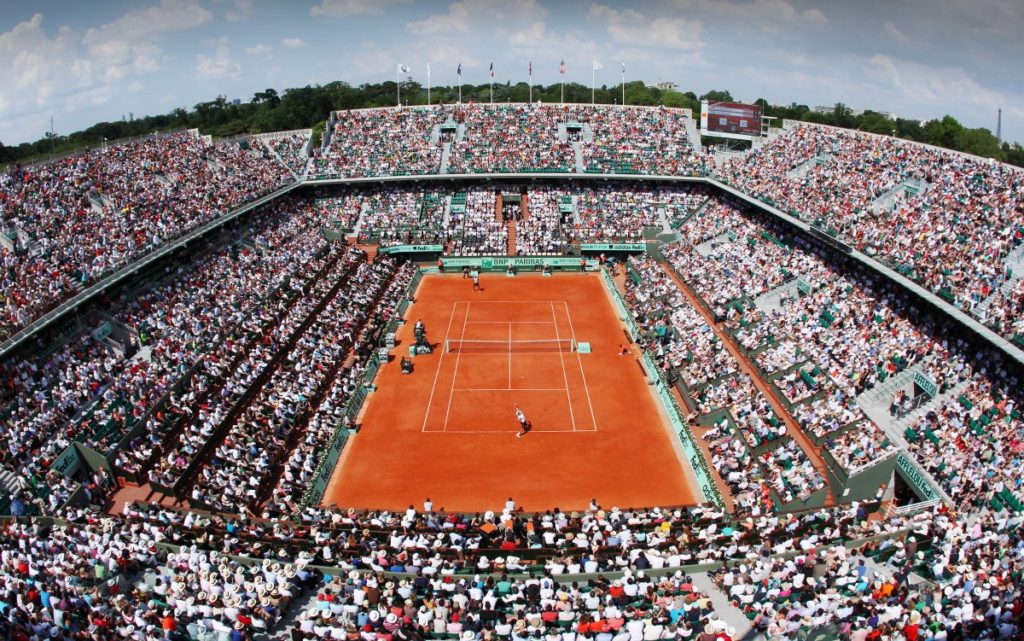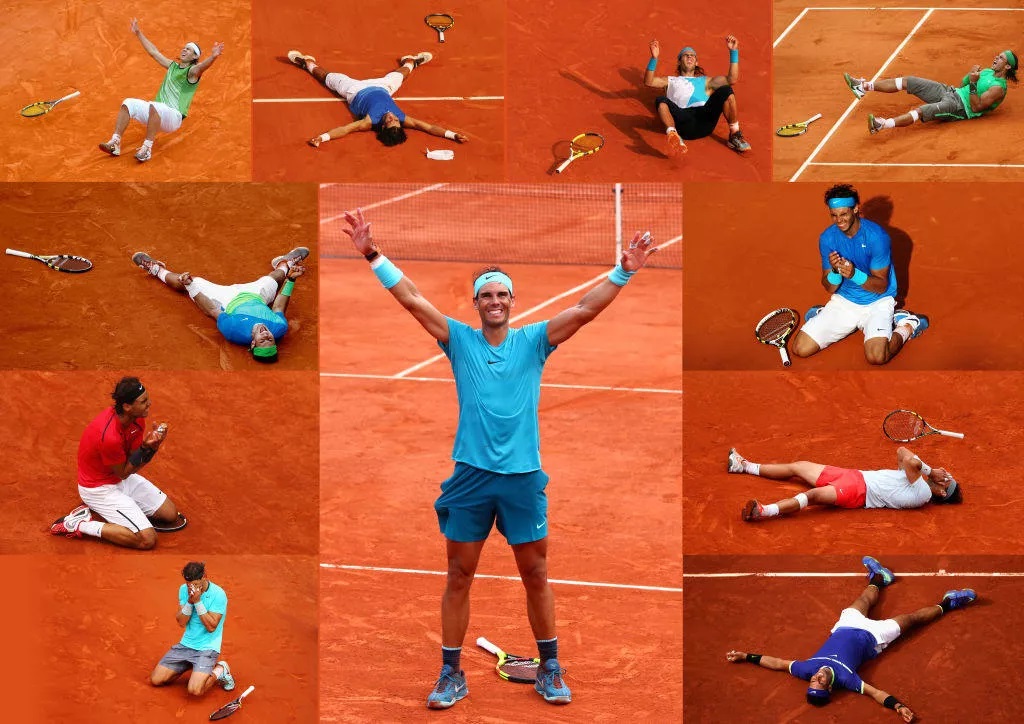
The French Tennis Federation has postponed the French Open due to the COVID-19 pandemic. The clay-court tournament, which was originally scheduled for May 24 – June 7, will now be held from Sept. 20-Oct. 4. “We have made a difficult yet brave decision in this unprecedented situation, which has evolved greatly since last weekend. We are acting responsibly, and must work together in the fight to ensure everybody’s health and safety,” FFT president Bernard Giudicelli said in a statement.
With the schedule change, the French Open is now set to be played after the U.S. Open, which is slated to begin August 24 and conclude September 13. Several other tennis tournaments and organizations have stopped events due to the virus. Only last Friday, the USTA announced it would suspend all play through April 20. The ATP also decided to suspend play for at least six weeks, while the WTA suspended play through May 2.
You have to credit the FFT for seeing opportunity and taking it, working on the premise that its prestige and prize money will cause players to change their behavior and schedule. On the other hand, we are in a new universe when events can unilaterally change their dates. Again, assuming this happens…it means players will have to transition from hardcourts to clay. It means that we will have an autumn major. It means we have established a precedent for the events making land grabs in this uncertain time.

Last week, The Indian Wells Masters became the first prominent tennis event to cancel its tournament, which was set to take place this month. There are just way too many complications. In the off-chance the Olympics does continue as planned, look for most of the top players to withdraw. It’s too big a health risk. And too big a financial risk with two majors still pending.
In the rankings of “people most impacted by a global pandemic,” professional athletes don’t rank high. (Especially as youth, health and cardiovascular excellence are so critical). But spare a thought for tennis players, who are individual contractors and don’t have the safety net of guaranteed contracts. The older players are watching time and opportunity slip by while the younger players must be feeling the financial strain.